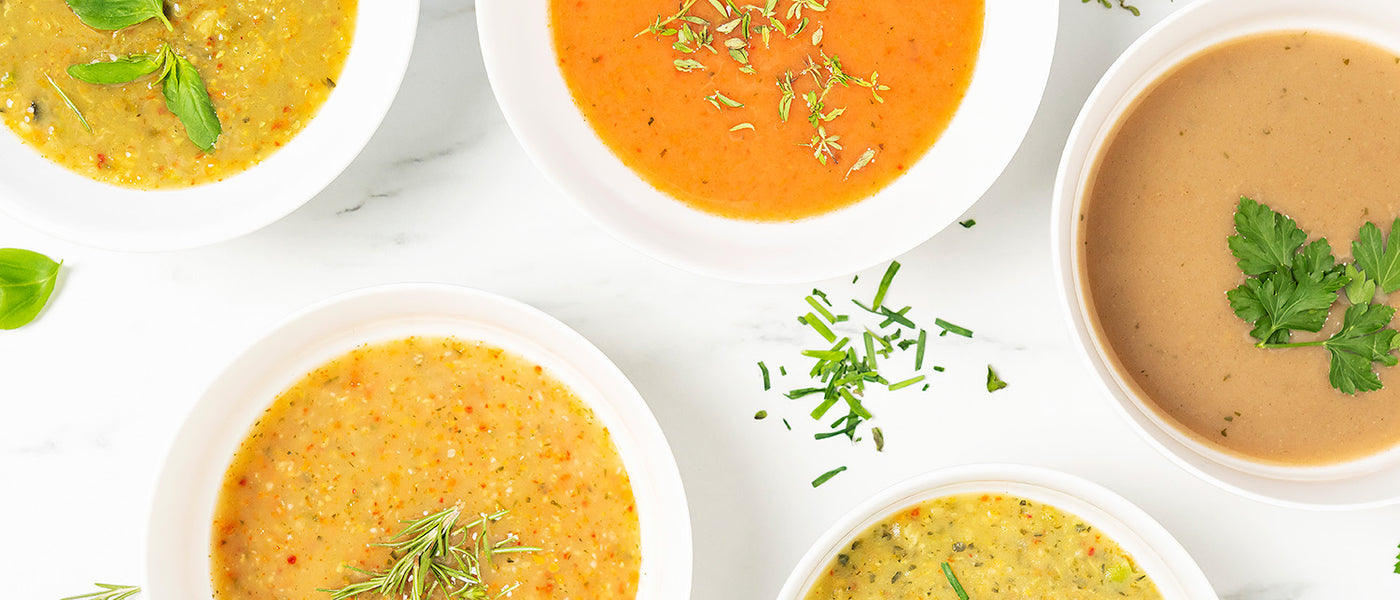
Mindful Eating
'MINDFUL EATING'
Nutritionists pay significant attention to studying diets in order to determine which is the most effective, despite the results they seem to be almost the same: they are effective in the short term, and they lose their effectiveness in the long term. One of the most studied food approaches in recent years is mindful eating.
What is mindful eating?
Mindful eating is an approach to food that focuses on individuals’ awareness of the food and their experience. It does not depend on calories, carbohydrates, fat, or protein. The purpose is not to lose weight but to encourage people to enjoy the present moment and their full presence in the eating process. On the contrary, diets tend to focus on eating rules (what to eat, how much to eat, and what not to eat).
In mindful eating, the individual concentrates their energy on appreciating the experience of food and is not concerned with restricting intake. The individual chooses what and how much to eat and drink. As mentioned earlier, diets for weight loss are usually successful in the short term, but many tend to fail over time.
Diets: success and failure
A common thread for those who are successful is the ability to pay attention to the diet and stick with the plan, whatever that plan might be. It might seem obvious, but this is the difference between “mindless” eating and conscious eating. The difference with mindful eating is that it is not about rules or guidelines; instead, it is about individual experience. No one has the same experience with the same food every time. The idea is for people to have their own experiences and to be in the present while having them.
Mindful eating is about bringing full awareness to each plate or bite of food. It begins with the first thought about food and lasts until the final bite is swallowed and the consequence of the episode is experienced. Here are some of the following suggestions that are useful in teaching methods to eat mindfully.
Before reaching for something automatically, stop and take a moment to notice what you are feeling and what you might want to fill you up. Are you stressed, bored, angry, or sad? Are you lonely? Or, are you actually physically hungry? Be mindful of your reactivity and make a choice instead. Put away other distractions and pay attention to your food.
Mindful eating: steps to be aware of food
- Examine the surface of the food - really look for the first time at this curious object;
- Smell it and notice how you react;
- Roll the food between your fingers and listen to hear what sound it makes. Notice its stickiness;
- Place the food between your lips and just hold it there for a few moments. What do you notice happens inside you?
- Let it roll back into your mouth, but do not chew yet, just roll it around. Is there a taste? Do you salivate? What do you want to do?
- OK, bite down, just once. What do you notice?
After swallowing, close your eyes for a few moments to notice the consequence of what you just experienced. After each bite, check-in with your body to see how you are feeling. Have you had enough? Do you need more? Is it time to stop? Then move on to whatever you have chosen.
The focus on the sensual experiences of sight, sound, smell, touch, and taste brings about the full awareness of the food at the moment. This process does not tell you what you should experience; it only suggests that you notice your own experience. Using any of these practices can help to develop a mindful approach to living by bringing full attention to each moment, without judgment, while maintaining a feeling of calm.
Benefits of mindful eating
Although the main benefit is not weight loss, using this practice is highly likely that you will lose excess weight. This is why mindful eating has been shown to slow down the consumption of a meal and allow for both recording feelings of fullness and greater control over food. In addition, a slower pace of eating reduces overall energy consumption as individuals feel filled with a smaller amount of food.
In relation to emotional eating, mindfulness reduces the misperception of emotions as hunger and thus stops increasing eating in response to non-physical signals. In summary, mindfulness encourages practitioners to live fully in each moment and appreciate their life as it is.

